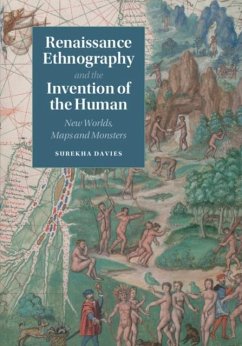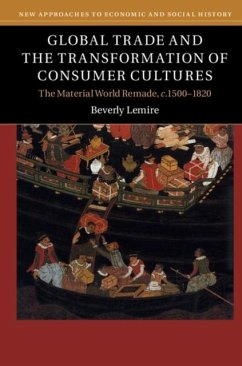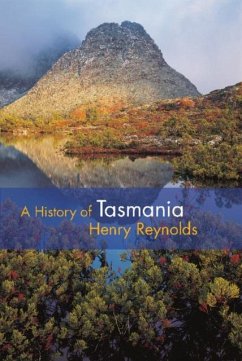
Colonization and the Origins of Humanitarian Governance (eBook, PDF)
Protecting Aborigines across the Nineteenth-Century British Empire
Versandkostenfrei!
Sofort per Download lieferbar
30,95 €
inkl. MwSt.
Weitere Ausgaben:

PAYBACK Punkte
15 °P sammeln!
How did those responsible for creating Britain's nineteenth-century settler empire render colonization compatible with humanitarianism? Avoiding a cynical or celebratory response, this book takes seriously the humane disposition of colonial officials, examining the relationship between humanitarian governance and empire. The story of 'humane' colonial governance connects projects of emancipation, amelioration, conciliation, protection and development in sites ranging from British Honduras through Van Diemen's Land and New South Wales, New Zealand and Canada to India. It is seen in the lives of...
How did those responsible for creating Britain's nineteenth-century settler empire render colonization compatible with humanitarianism? Avoiding a cynical or celebratory response, this book takes seriously the humane disposition of colonial officials, examining the relationship between humanitarian governance and empire. The story of 'humane' colonial governance connects projects of emancipation, amelioration, conciliation, protection and development in sites ranging from British Honduras through Van Diemen's Land and New South Wales, New Zealand and Canada to India. It is seen in the lives of governors like George Arthur and George Grey, whose careers saw the violent and destructive colonization of indigenous peoples at the hands of British emigrants. The story challenges the exclusion of officials' humanitarian sensibilities from colonial history and places the settler colonies within the larger historical context of Western humanitarianism.
Dieser Download kann aus rechtlichen Gründen nur mit Rechnungsadresse in A, B, BG, CY, CZ, D, DK, EW, E, FIN, F, GR, HR, H, IRL, I, LT, L, LR, M, NL, PL, P, R, S, SLO, SK ausgeliefert werden.













